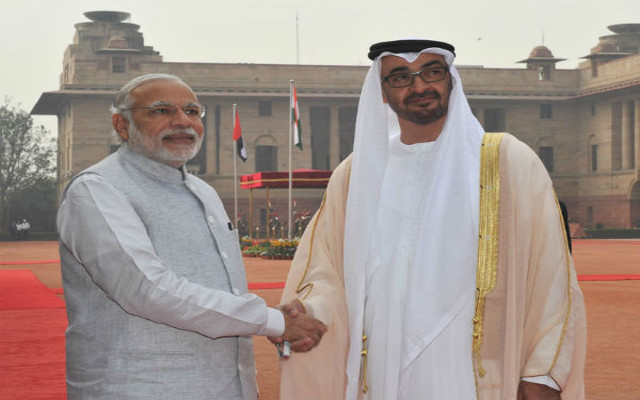Recently, India has been taking steps to curb human trafficking both internally and externally. It has agreed to sign Memorandums of Understanding (MoU’s) with Bahrain and the United Arab Emirates (UAE); India has also enacted a similar MoU with Bangladesh. These MoU’s represent formal cooperation on preventing and combating human trafficking. Prime Minister of India Narendra Modi’s Union Cabinet has approved the Memorandums, and their signings will soon be formalized.
India’s Memorandums of Understanding with the UAE and Bahrain are aspirational blueprints for how India and the Gulf states should deal with instances of human trafficking. The MoU’s stipulate that the “repatriation of victims would be done as expeditiously as possible” and that both countries should be “taking preventative measures…in protecting the rights of victims of trafficking.” However, they are not legally binding, and neither India, Bahrain, nor the UAE has drafted or passed legislation to reinforce the agreements.
India’s commitment to the MoU’s comes from its status as a human trafficking transit country to the UAE and Bahrain. Thousands of Indian workers travel willingly to the Gulf for the promise of better-paying jobs. Upon their arrivals, many find themselves victims of forced labor and human trafficking. Their passports are taken, their movements are restricted, and their wages are withheld. Often, women are hired under the guise of being domestic workers or beauticians then find themselves trapped and physically and sexually abused by their employers. When they attempt to escape, they may find themselves the victims of sex trafficking, and can be sold into prostitution.
The MoU’s illustrate that the Emirati and Bahraini governments acknowledge the occurrence of human and sex trafficking of foreign workers in their countries; they do not eradicate the problem. The UAE prosecuted 15 trafficking cases in 2014, while Bahrain investigated and prosecuted 21 in the same time period; thousands of persons are estimated to be trafficked per year. These numbers are even low when taking into consideration that the UAE does not consider migrant laborers to be trafficking victims, but instead categorizes their cases as labor issues.
The MoU’s are tacit admissions of guilt by the Gulf states towards allowing the practice of human trafficking to occur in their countries. If Bahrain and the UAE want to enact change and make it safer for Indian workers in their countries, they need to do more than make aspirational agreements with India. Bahrain, the UAE, and the other members of the Gulf Cooperation Council that depend on migrant labor should look inward and adopt legislation that would help workers avoid being trafficked. Without an examination of their domestic practices, external agreements will remain an ineffective method to stopping human trafficking.
Brittany Hamzy is an Advocacy Fellow at ADHRB.





